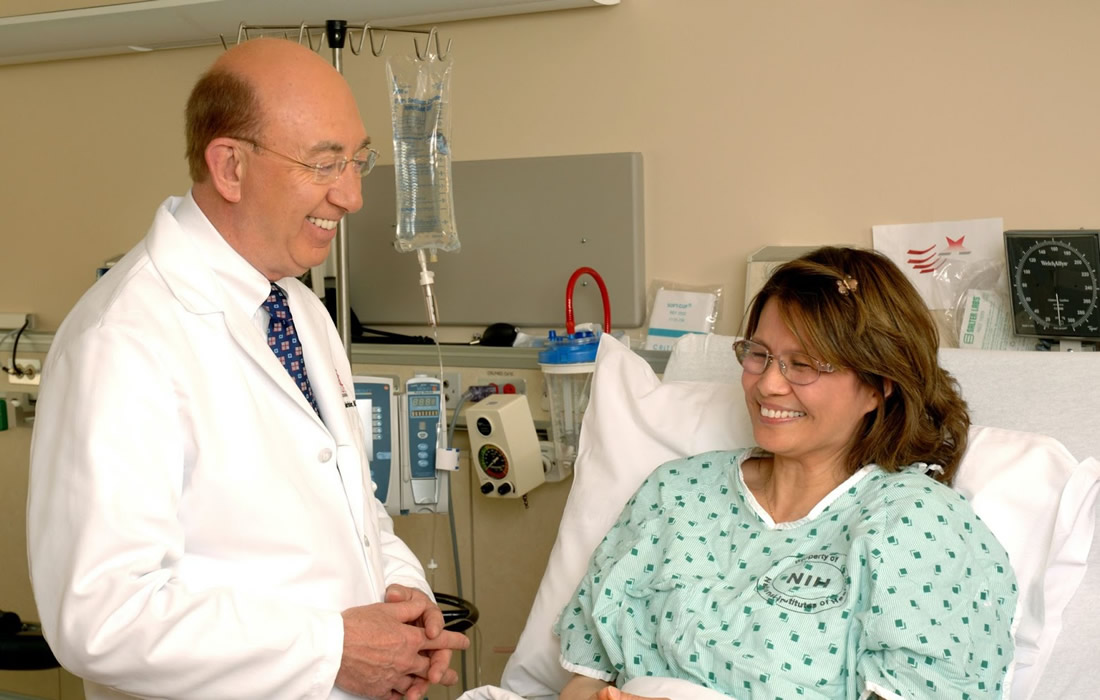Regenerative Medicine News and General Information
Increases Cervical Cancer Survival and Reducing Recurrence
The peak incidence of cervical cancer is in women in their early thirties, with around 3,200 new cases each year in the UK. CRT has been the standard treatment for cervical cancer since 1999, but despite improvements in radiation therapy techniques cancer returns in up to 30% of cases. The five-year survival rate for cervical cancer stands at around 70%.
Over the course of 10 years, 500 patients took part in INTERLACE at hospitals in the UK, Mexico, India, Italy and Brazil. Those who participated in the study had been diagnosed with cervical cancer, which was large enough to be seen without a microscope but had not yet spread to other parts of the body. The median age of patients in the trial was 46.
Patients were randomly allocated to receive either standard CRT (external radiation with weekly cisplatin and brachytherapy), or an initial six-week course of IC (carboplatin and paclitaxel chemotherapy) followed by the same standard CRT described above. After five years, 80% of those who received IC plus CRT were alive and 73% had not seen their cancer return or spread. In the standard treatment group, 72% were alive and 64% had not seen their cancer return or spread.
Dr Mary McCormack, lead investigator of the trial said: “Our trial shows that this short course of additional chemotherapy delivered immediately before the standard CRT can reduce the risk of the cancer returning or death by 35%.
“This is the biggest improvement in outcome in this disease in over 20 years. I’m incredibly proud of all the patients who participated in the trial; their contribution has allowed us to gather the evidence needed to improve treatment of cervical cancer patients everywhere. We couldn’t have done this without the generous support of Cancer Research UK.”
Because the drugs required for IC, carboplatin and paclitaxel, are cheap, accessible and already approved for use in patients, the authors say they could be incorporated into standard of care treatment relatively quickly.
Dr Iain Foulkes, Executive Director of Research and Innovation at Cancer Research UK, said: “Timing is everything when you’re treating cancer. The simple act of adding induction chemotherapy to the start of chemoradiation treatment for cervical cancer has delivered remarkable results in this trial.
“We’re excited for the improvements this trial could bring to cervical cancer treatment and hope short courses of induction chemotherapy will be rapidly adopted in the clinic.”
Sources:
University College London. “Better use of existing drugs increases cervical cancer survival and reduces recurrence.” ScienceDaily. ScienceDaily, 24 October 2023. <www.sciencedaily.com/releases/2023/10/231024110642.htm>.
Materials provided by University College London. Note: Content may be edited for style and length.
Images from:
Photo by National Cancer Institute

